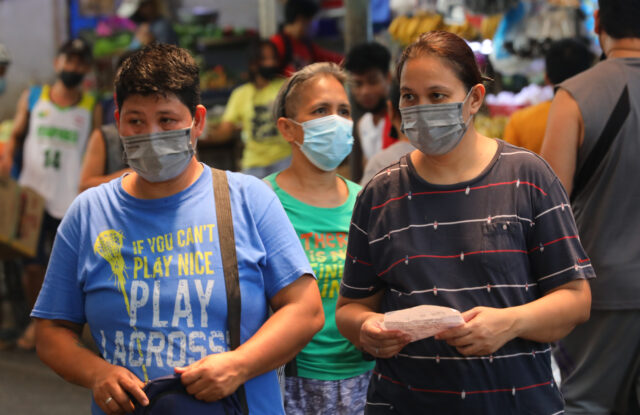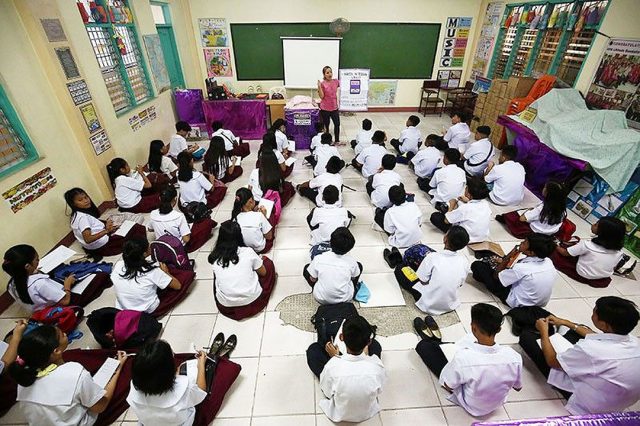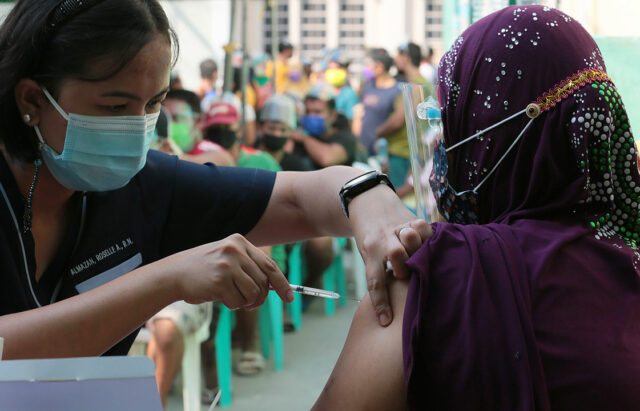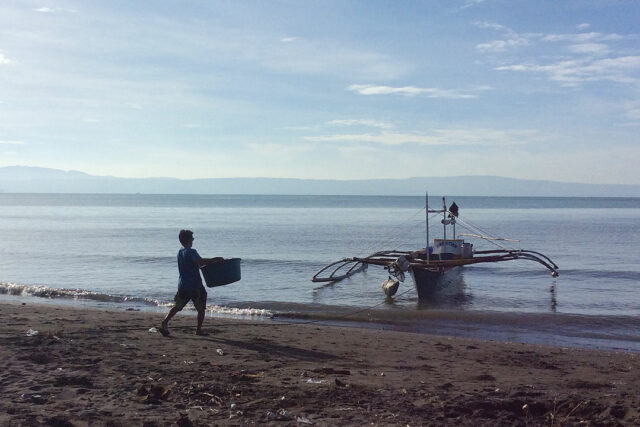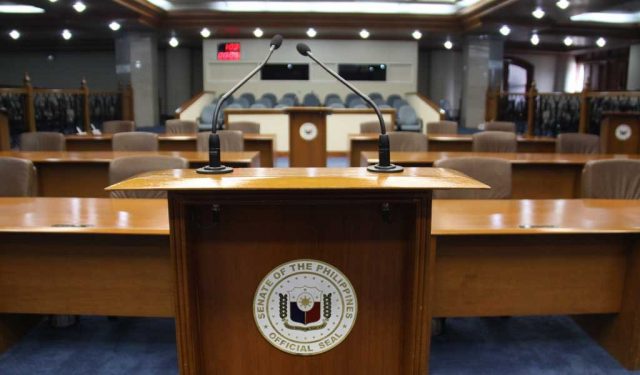President Marcos scraps mandatory use of face masks
By Kyle Aristophere T. Atienza, Reporter
President Ferdinand R. Marcos, Jr. has signed an order ending the mandatory use of face masks outdoors, more than two years after it was imposed to contain the coronavirus.
Wearing face masks in open spaces with good ventilation and where there is no overcrowding is now optional, Press Secretary Trixie Cruz-Angeles told a televised news briefing on Monday. The order takes effect immediately.
“Face masks shall continue to be worn in indoor, private, or public establishments, including in public transportation by land, air and sea and in outdoor settings where physical distancing cannot be maintained.”
Ms. Angeles said those who are not fully vaccinated against the coronavirus, senior citizens and people with weak immune systems are still “highly encouraged” to wear masks and observe physical distancing.
Cabinet officials and the private sector had long pushed the policy, but health authorities wanted people to keep wearing face masks during the pandemic.
The policy “might be a bit early” since the relatively low coronavirus disease 2019 (COVID-19) transmission in the Philippines is highly attributed to the observance of minimum public health standards, which include mask mandates, said Joey Francis Hernandez, a medical doctor and treasurer of the Philippine Society of Public Health Physicians.
“It would also be more difficult to control the spread of COVID-19, considering that even if physically distanced, coughing and sneezing can transmit droplets potentially infected with SARS-CoV-2,” he said in a Facebook Messenger chat.
Mr. Hernandez said it might be better to wait until the government reaches its first booster target, which is at least 50% based on a presidential mandate, “before we loosen mask mandates even outdoors.”
The doctor urged the government to improve access to timely and affordable COVID-19 testing if it will pursue the policy. “Filipinos should not easily let their guards down considering that anytime, COVID-19 cases may increase again,” he said. “Also, we have to protect the immunocompromised, senior citizens and younger children.”
The decision was first announced last week, after the pandemic task force’s Sept. 8 meeting, where economic managers cited increasing tourism demand in countries that have relaxed face mask rules.
The Philippines and Myanmar were the only Southeast Asian nations that continue to enforce the face mask mandate outdoors, according to data from the Interior and Local Government department.
Foreign tourists have increased in countries that have relaxed mask rules, while fresh infections have decreased, it added.
Noe Lineses, owner of an online platform that organizes trips and tours in Puerto Galera, expects the optional mask policy to attract more foreign tourists.
“Why are we always trailing behind other Southeast Asian countries like Thailand and Malaysia in terms of innovation and readiness to accept foreign tourists?” he said in a Messenger chat, adding that many Filipinos have been fully vaccinated against the coronavirus.
“It’s about time we learn to live with the virus.”
Mr. Lineses also cited the country’s booster uptake, but experts say it remained low.
Puerto Galera is a popular beach destination about three hours from Manila, the capital. The tourism sector accounted for 12.8% of Philippines economic output in 2019, or about P2.48 trillion.
Tourism’s contribution to the country’s gross domestic output fell to 5.2% last year after a global coronavirus pandemic forced many countries to close their borders.

